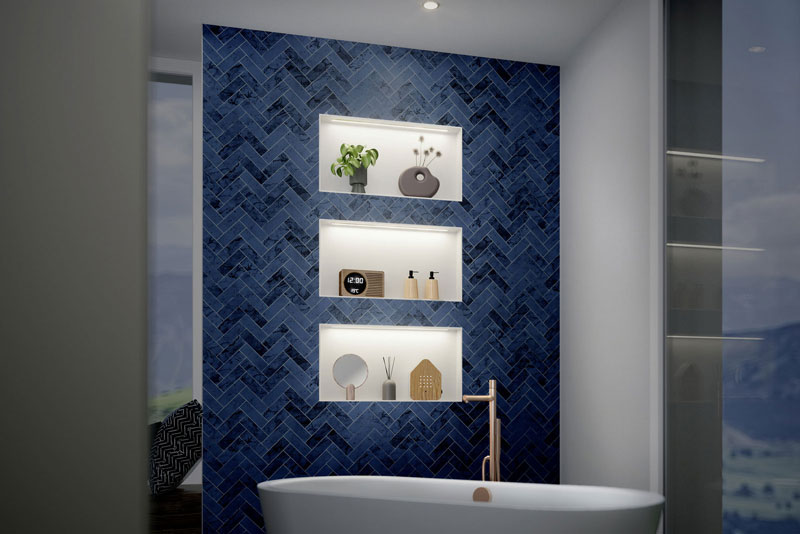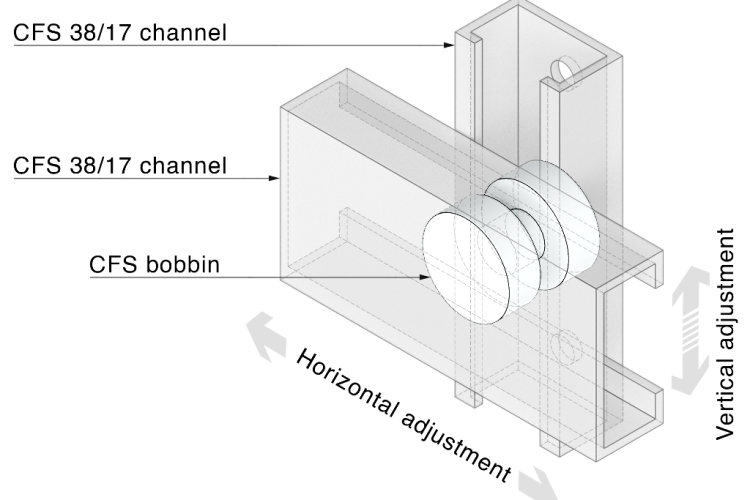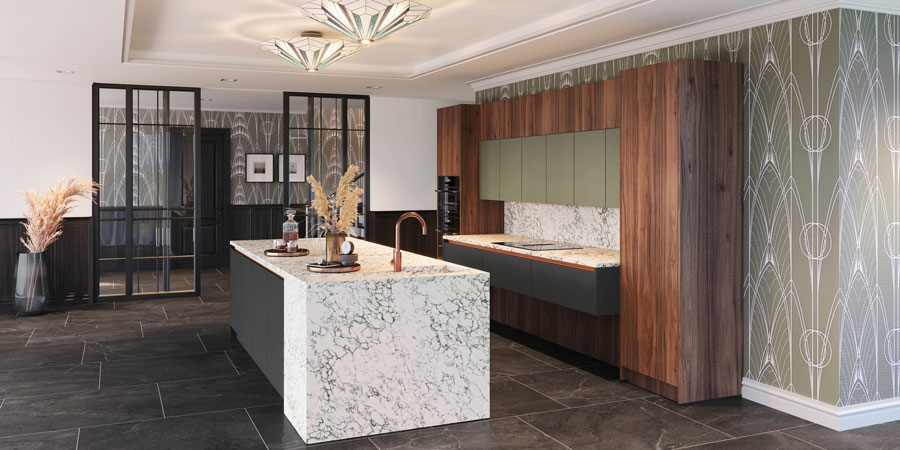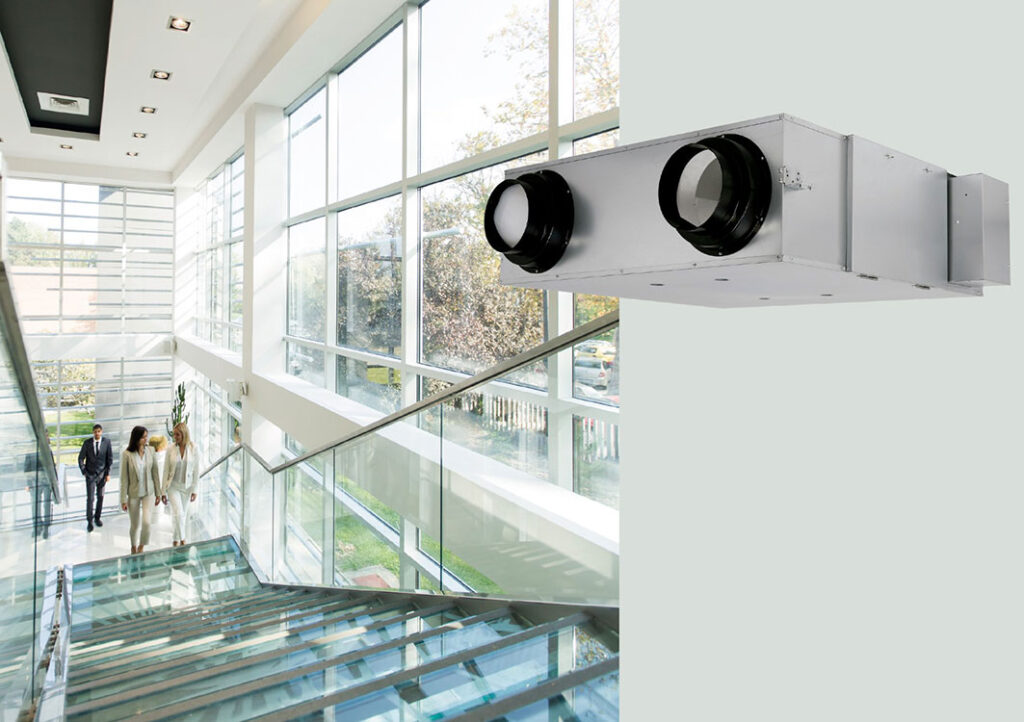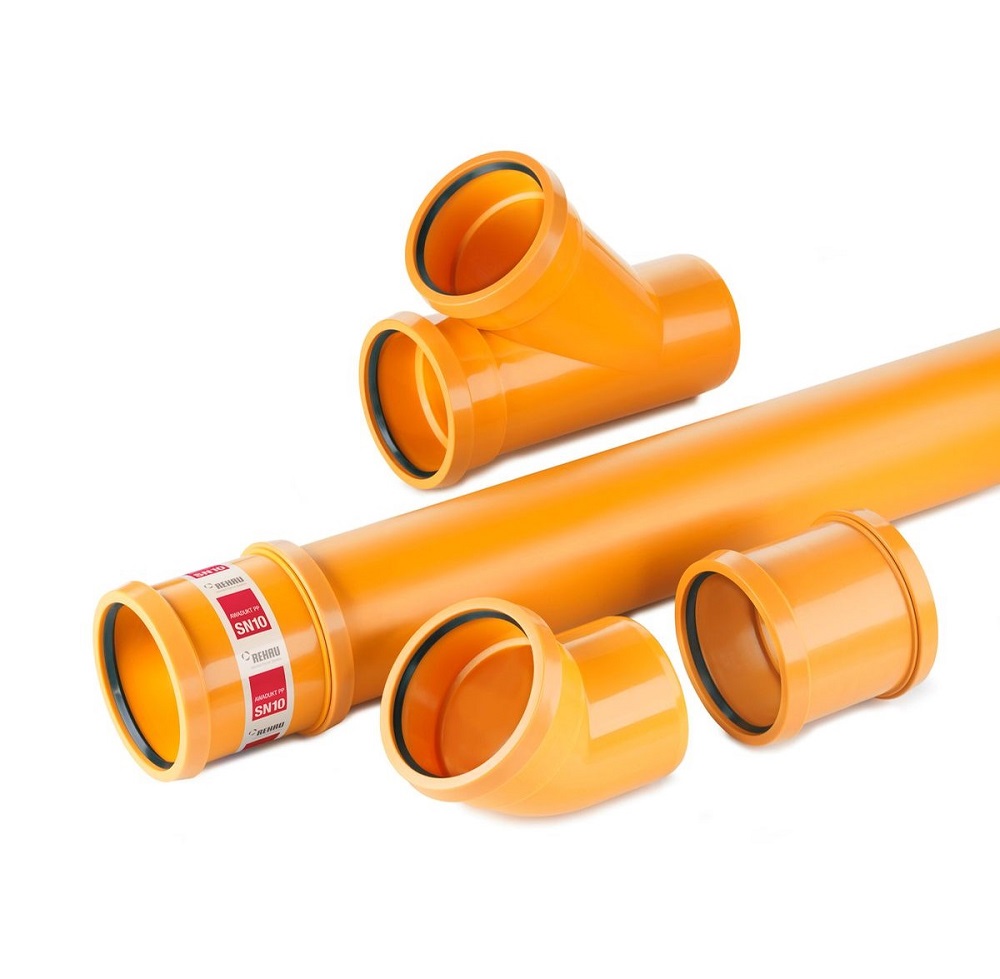New study reveals Covid-19 decreased UK imports of building materials by more than £2m
A new study from ElectricalDirect has analysed the UK’s importing habits from 1993 to 2020, including identifying some of the UK’s top imported building materials and how much is spent on these materials each year.
Over £279 million of the most commonly traded building materials has been imported since 1993
Since 1993, the UK has imported over £279 million worth of commonly traded building materials such as aluminum and cement. The study found that the demand for each material depended on the current circumstances of the UK, for example, petroleum was most in-demand in 1994 as the UK endeavored to complete the expansion of the M3, which is now one of the UK’s main travel routes.
Covid-19 cost the import industry over £2 million
However, the study also found that although some years increased demand for products, others decreased as the construction industry faced unprecedented times. Covid-19 reduced UK imports of building materials by over £2 million, as many projects were forced to halt, and many of those in the industry faced redundancies. Similarly, the study also highlights that alongside the pandemic, the 2008 global financial crash saw 50% of building material imports stop, as in 2008, the UK imported over £16 million worth of building materials, but in the year following the UK imported just £8 million.
The UK has spent over £136 million on iron and steel imports since 1993
As iron and steel make up a considerable amount of any building’s infrastructure, it’s no wonder that the UK has spent the most on importing this material. ElectricalDirect’s study highlights that iron and steel is an in-demand material worldwide, as although the UK imports this from over 90 different countries, we are only the 19th largest importer in the world.
Glass and glassware imports have cost the UK £46 million
The next material that the UK imports the most is glass and glassware, having spent over £46 million since 1993. The study also found that in 2014, glass and glassware made up 4.66% of total imported materials to the UK, and was the year in which glass was most in-demand.
Machinery parts have the third-highest value of total imported materials
The UK has imported over £41 million worth of machinery parts since 1993. In 2007, machinery parts were most in-demand, making up 5.85% of total imports during that year.
The future for importing building materials
The study concludes that the future for importing building materials is set to change as the world around constantly evolves. With an increased demand for environmentally friendly materials, it is expected that products such as crude oil will become less desirable, and more sustainable alternatives such as lithium batteries and solar energy materials will be more in-demand.















